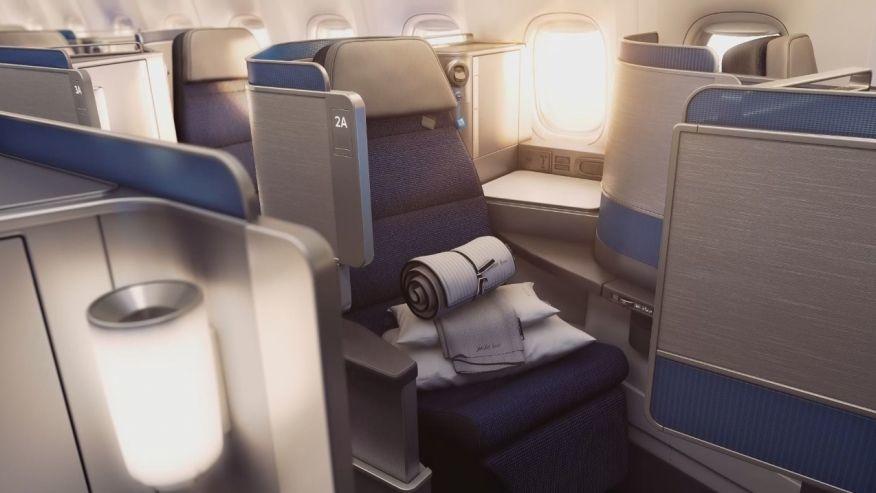


One bad moment in 2013 did not get much attention in Europe, but certainly did in India. Like all startups, Truecaller has gone through a variety of dips since the start.

Two years ago Mamedi appeared on stage at the Finnish tech conference Slush where he advised startup founders not to waste time at events but actually work away on their idea instead. He and Nami Zarringhalam, who have founded three companies together, rarely talk to the press or are seen on tech conferences. Mamedi, dressed in a light blue shirt, leans back in his chair and talks openly about the years that passed. But this particular Friday, there are no signs of the coming move. The company, which has about 180 employees, about half of them in Sweden, is about to expand into a new office and hire another 70 people. Sifted met Mamedi, in the office on Kungsgatan in Stockholm. “Your phone is open to the whole world and in some way we are creating a peep-hole to see who the other person is.” Now it’s also a payment solution and soon it is handing out loans. Then it became a chat app akin to Whatsapp. It was originally an app that helps users screen spam calls (particularly useful in fraud-heavy emerging market countries). It isn’t a super app like Chinese Wechat but it has a number of different services rolled into one. But in India, Truecaller is one of the most used daily apps and is often compared to Facebook. Truecaller, which was founded in 2009, is almost unknown in Europe where it only has a small number of users. Either you lie down and cry or you get up and give everything you have to show them.” What is Truecaller? Alan Mamedi, the chief executive of Truecaller, tells Sifted that he has been strengthened by all the criticism: “In a way, there are only two paths to choose from.


 0 kommentar(er)
0 kommentar(er)
